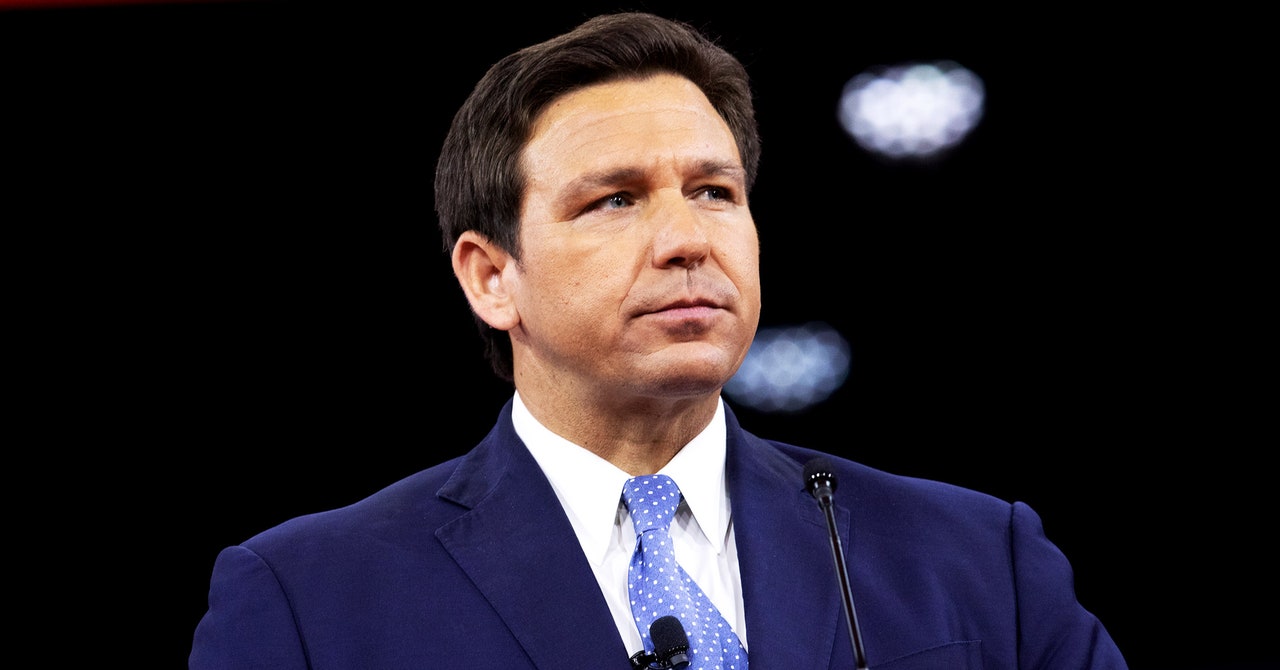Ron DeSantis, de Florida’s Republican governor certainly hoped to become trending on Twitter after announcing his candidacy for president in an audio stream on the platform today. He probably didn’t want the main hashtag to be #DeSaster.
Just minutes after DeSantis joined the platform’s owner, Elon Musk, on Twitter Spaces, and before the politician could even speak, Musk was heard to say, “The servers are a bit strained.” Then the stream stopped abruptly, apparently overwhelmed by some 667,000 listeners, a meager amount compared to the streams on other platforms routinely watched by millions.
DeSantis’ appearance was a gamble on a new presidential campaign tactic and a platform not known for its mass appeal to American voters. The move ultimately pushed Twitter to breaking point, both technically and philosophically.
The company, which has a fifth of the staff it had when Musk took over last year, eventually restarted the audio stream nearly 30 minutes after its scheduled start time. But the event further demonstrated the ideological blinkers on Musk’s social media project — and his tendency to isolate powerful people, especially those with right-wing views, from the “freedom of speech” the CEO claims to defend.
The #DeSaster doesn’t bode well for Musk’s ambitions to expand and stabilize the platform, which he said will one day attract 1 billion users per month. The entrepreneur has repeatedly talked about making Twitter an “everything app” similar to the multi-purpose Chinese app WeChat. Twitter will host a new show from right-wing commentator Tucker Carlson following his departure from Fox News, where he regularly drew more than 3 million viewers.
Today’s outages showed that Twitter doesn’t seem ready to receive such crowds. Nor does it have great potential as a place to reach a broad base of American voters. Only 20 percent of American adults report using Twitter, according to a recent Pew Research survey, while 81 percent say they use YouTube and 69 percent use Facebook. And while Musk has spoken of turning Twitter into a global “digital town square,” he has overseen a weakening of content moderation and invited accounts banned for offensive content, including rapper Ye, formerly Kanye West, and former US President Donald Trump.
The DeSantis stream further undermined Musk’s claims to make Twitter a place for authentic exchange of disparate opinions. The platform is “not just canned speeches and teleprompters,” he boasted, just minutes after DeSantis finished his, well, canned speech, which echoed lines from his campaign video.
Musk also reiterated his wish that Twitter be a place for people of different political views to mingle. “Maybe some thoughts will be changed in some way,” he said. But when the digital floor opened to questions, they came from a who’s who of right-wing thought leadership and Muskian allies, including entrepreneur turned podcaster David Sacks, who co-hosted the event.

